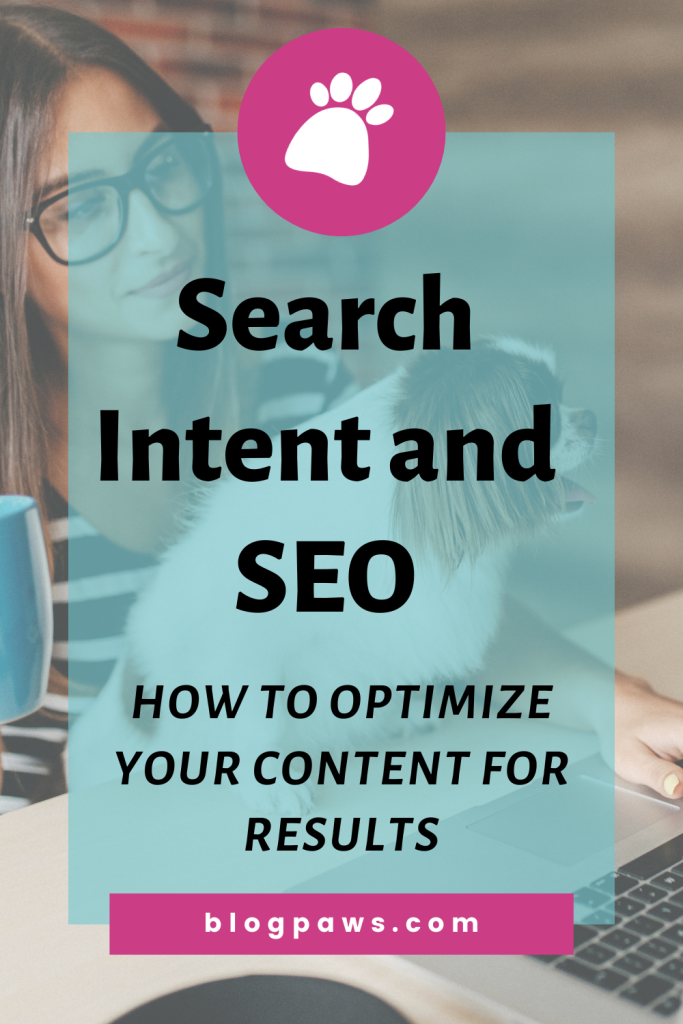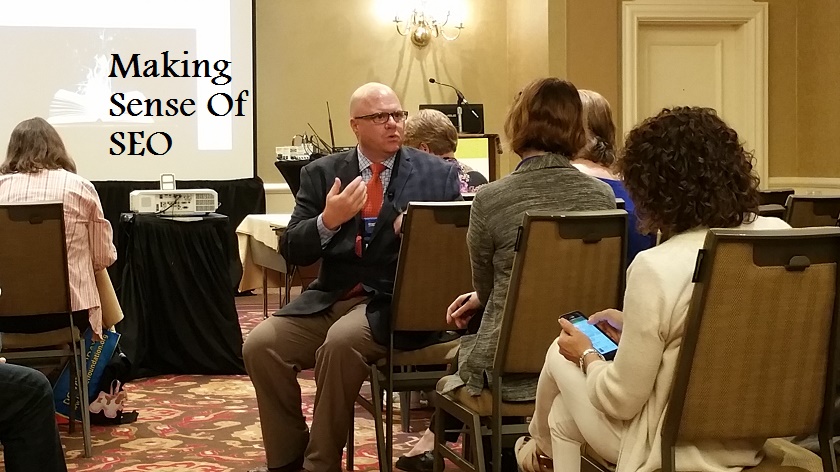Search Intent and SEO: How to Optimize Your Content for Results
Google has recently announced a new update to its search algorithm with a focus on “people-first content”. This will prioritize content that provides real value to the people searching rather than just writing content to appease a search engine. But what does this mean for you as a creator?
When discussing how to write SEO-optimized content, we often focus on the importance of keyword research. But there are other considerations when creating content that you want to see perform well in organic search. One factor that has been gaining a lot of attention in the world of SEO is search intent or keyword intent.
If this is the first time that you are hearing about search intent or if you aren’t clear on how to apply intent when creating content, we are here to help. In this article, we will answer the question “what is search intent”, break down the different types of search intent you may encounter, and how you can use this to create high-quality content that will provide value to your audience.

What is Search Intent?
When doing keyword research, we analyze what phrases and keywords people are searching related to a specific topic. Search intent takes this one step further by looking at why they are searching for that word or phrase.
Anytime you type something into a search engine like Google, you do so with specific intent. You may be looking for a recipe, seeking the answer to a question, or searching for a product to solve a problem that you are faced with.
When choosing which links you are going to click through to, this intent will be front of mind. For example, if you are looking for a recipe, you aren’t likely going to click a product link. It simply isn’t what you are searching for. This is search intent at work.
How Does User Intent Impact SEO?
Google and other search engines work to create algorithms that will return exactly the search results you need. This means narrowing the results down from every article about “pumpkin cat treats” to just those that offer a DIY pumpkin treat recipe, if that’s your goal.
While doing your keyword research, you want to consider the search intent of the words or phrases you are considering. This will allow you to create content that will rank successfully while also ensuring that your content is being shown to your ideal audience.
4 Types of Keyword Search Intent
1. Informational Search Intent
Arguably the most common of the types of search intent listed here, information search intent are searches that are done where people are looking for information about a topic. This includes educational articles, DIY videos, recipes, or any other content that is focused primarily on delivering information. Informational searches are intended to help the searcher learn more.
2. Commercial Search Intent
Commercial search intent, otherwise referred to as Commercial Investigation, occurs when the searcher is trying to find out information about a product but isn’t prepared to make a purchase. They may be comparing products, reading reviews, or trying to find out what options are available in a specific industry. Commercial searches are intended to help the searcher find information to guide a purchase decision.
3. Transactional Search Intent
Transactional search intent is similar to commercial intent but there is one important difference – the searcher is ready and willing to do something at the time of their search. This could mean that they are ready to make a purchase, download a file, book a consultation, or sign up for a mailing list. They are in action mode at this point and are ready to pull the trigger. Transactional searches are intended to help the searcher take an action.
4. Navigational Search Intent
Navigational search intent refers to searches where someone is seeking to visit a specific website. This happens when someone knows where they want to go but doesn’t have a direct link or know the URL for the website they intend on visiting. This search intent can be limiting, as the desired search result is very clear, so it’s not usually a search intent that you want to focus on when optimizing content. But you do want to make sure that your business or website is showing up as a result when searching your own brand name. Navigational searches are intended to help the searcher visit a specific website.

How Can You Use Search Intent in Your Content Optimization
During the ideation and planning phase of your content, you should take some time to determine the search intent of the content that you are considering. This is an exercise you should do even if you believe that the search intent is obvious because you may be surprised!
To do this, open your browser in incognito mode and search the keyword or phrase that you are considering. Take a close look at the articles that are ranking on the first page. These articles will reveal the Google search intent according to their algorithm. For example, if you search the phrase “canine enrichment activities”, the results on the first page (at the time of writing this article) are almost exclusively about DIY enrichment opportunities.
If you own a business that sells enrichment toys, this is important to recognize. Putting your time and effort into trying to rank for this page isn’t likely going to provide a good return on investment. If Google deems that the search intent is to find DIY solutions, your product probably isn’t going to rank.
Instead, search for phrases like “canine enrichment toys” or “enrichment toys for dogs” where the results are more product-based.
But the application of search intent doesn’t end there. Like all SEO optimization, writing content focused on user intent isn’t an activity that is once and done. Just as keyword research can change, so too can keyword search intent. If you are updating old content for SEO and keyword research, take a moment to reassess the intent behind the keywords you are considering. There is a possibility that in a year or two, “canine enrichment activities” could shift to focus on products that will fill this need for those searching.
Do you consider search intent when choosing keywords for your content? If so, we’d love to hear about your process for identifying the best phrases to reach your ideal audience in the comments!
About the Author: Britt Kascjak, BlogPaws Director of Content & SEO, is an award-winning freelance writer whose background in digital and social media marketing spans 15+ years. She’s been a content creator in the pet industry for 9+ years with her own blogs: Shed Happens, The Kas Pack, and Lucifer the Rescue Pup where she shares her life and outdoor adventures with her 2 dogs and 3 cats. Read more…






2 Comments